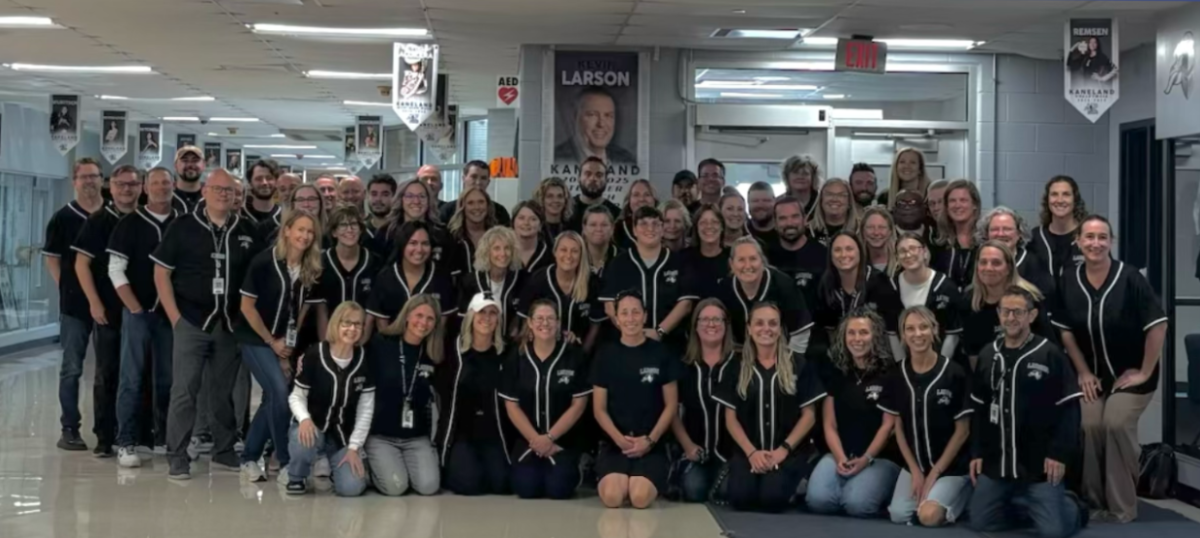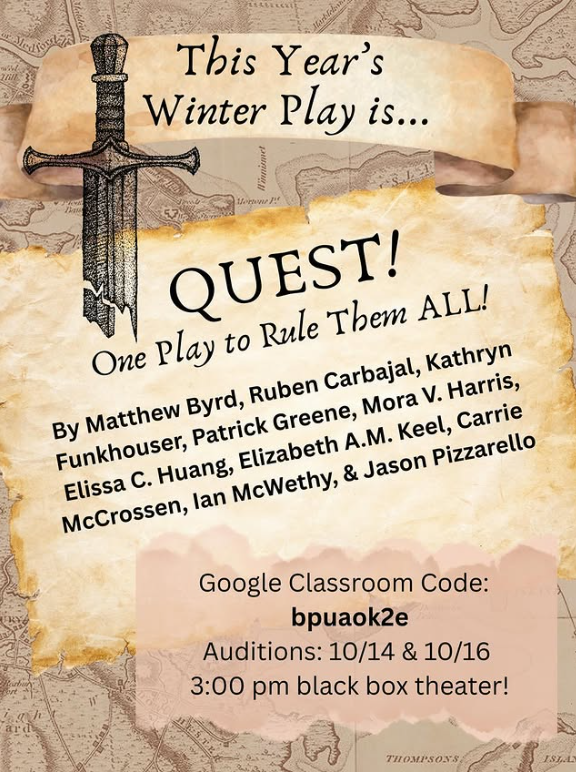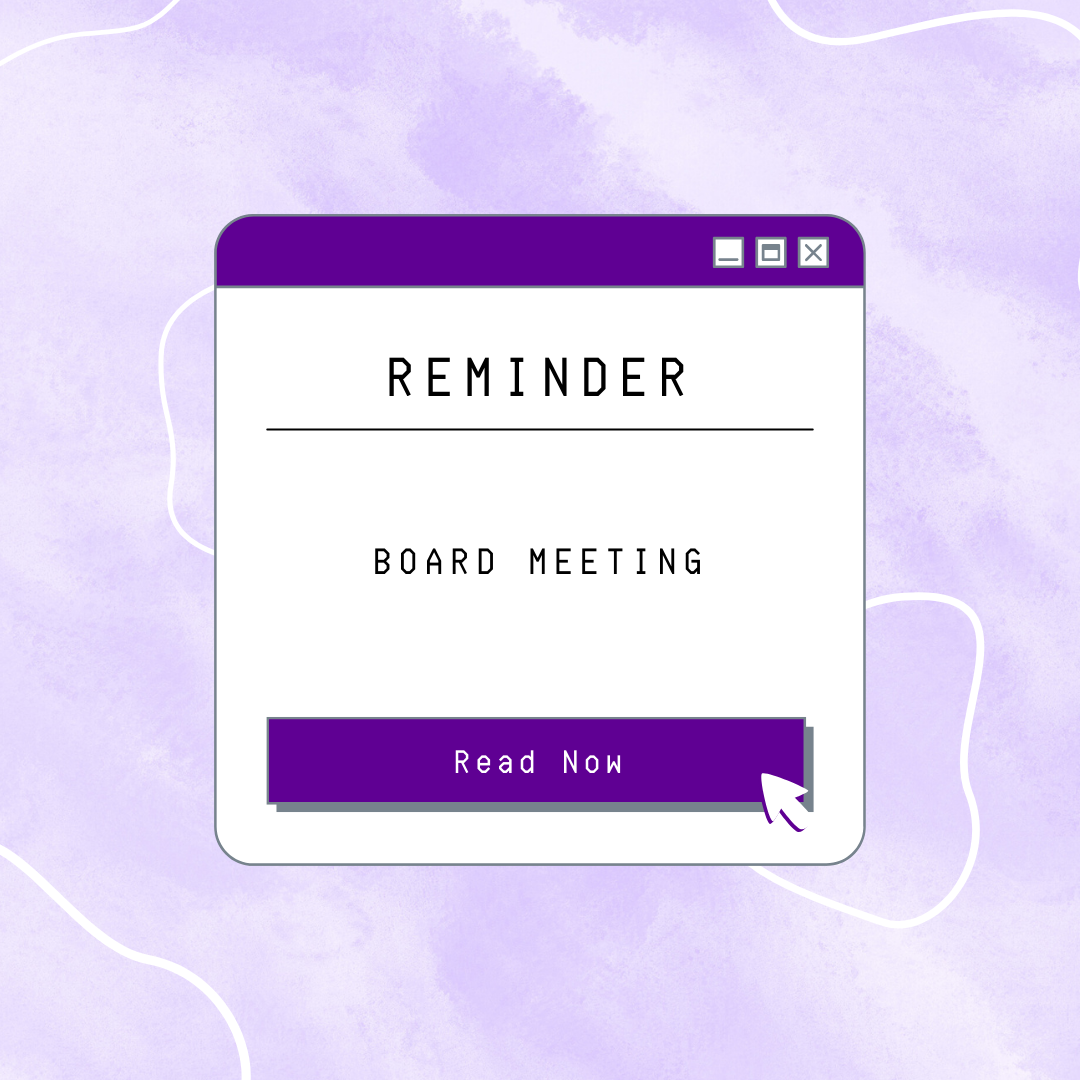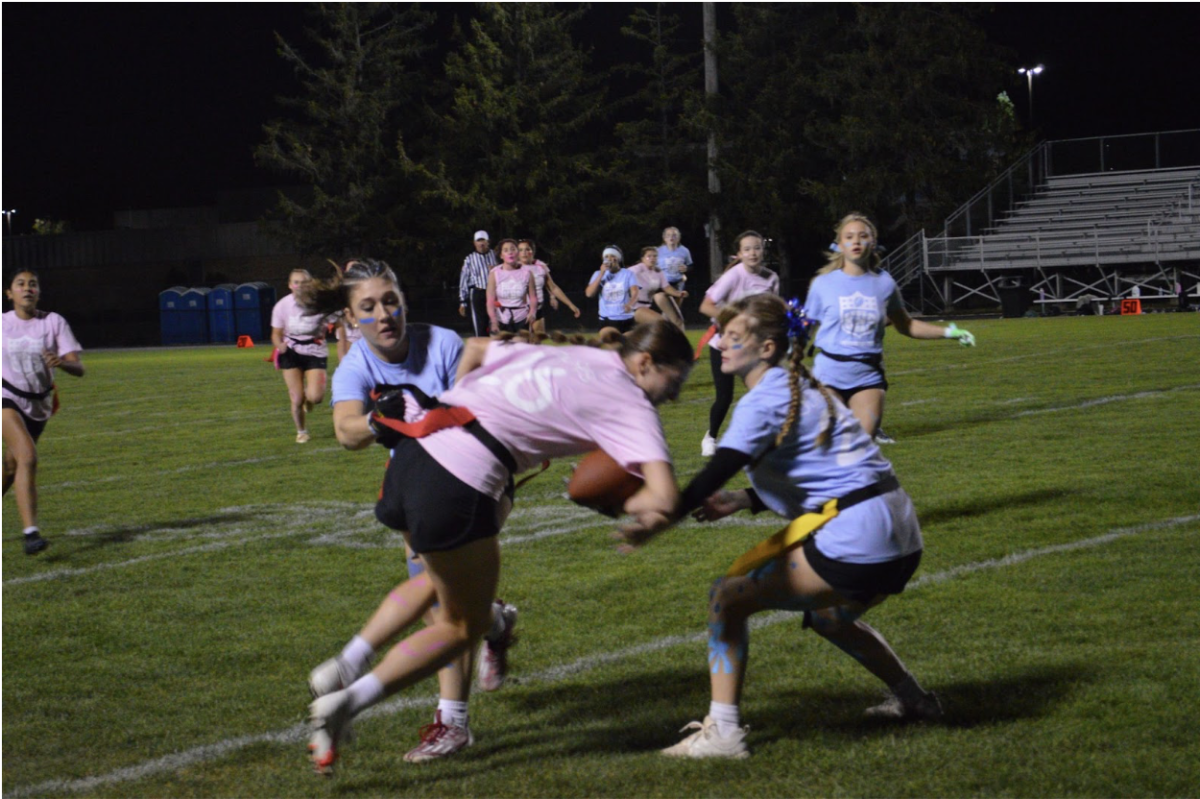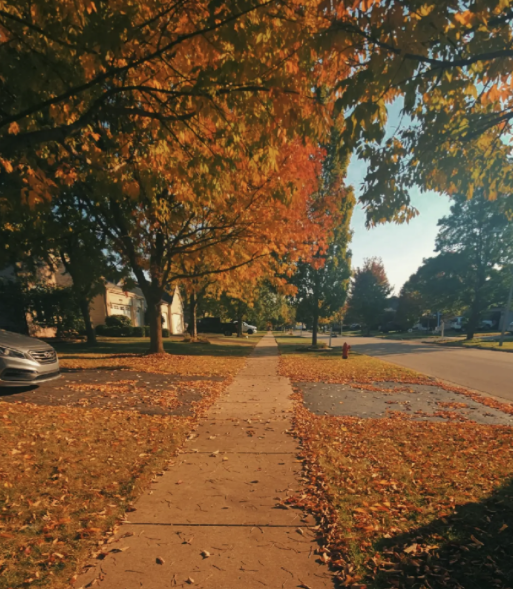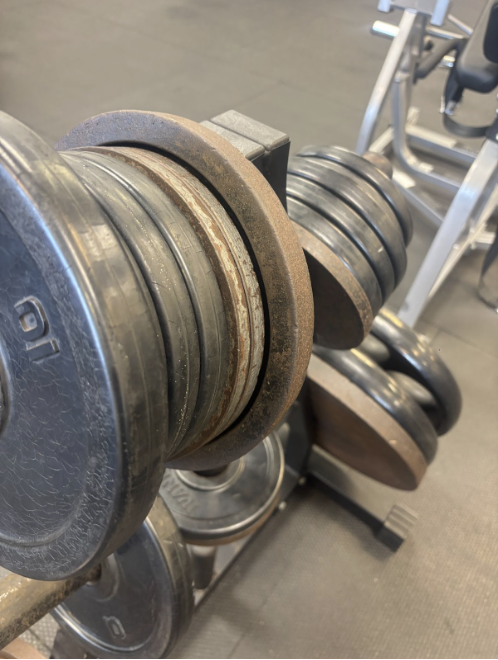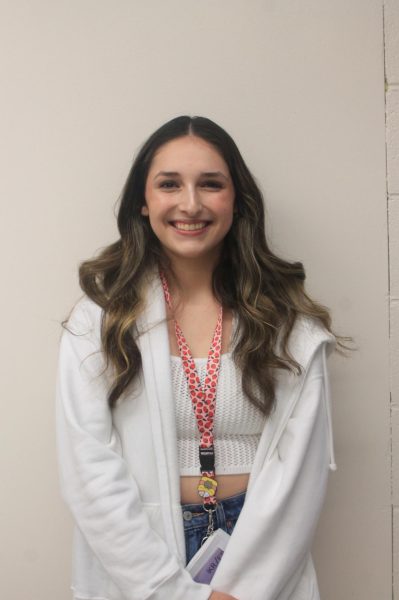The May 29, 2024, Kaneland board meeting focused heavily on two orders of action. The one that caused the most debate, however, was if the new referendum plan should be explained to the community in November or April. After thorough discussion, the board voted 7-0 to push the referendum plan to April, when it will officially take action.
Before the final referendum decision was made, the referendum planning team gave an update on the May 18 and 20 building tour where interested community members went over the entire plan and toured all Kaneland buildings.
The referendum planning team that attended contained Kaneland High School principal Dr. James Horne and district and Direct of Communications David Chavez. Horne was the first to present his findings regarding the status of the high school and its current needs, which consist of a lack of outlets, plumbing limitations, outdated female locker rooms, a boiler that causes warm and cold spots throughout the building and the need for updated athletic rooms to store equipment. Chavez gave a report on projected referendum costs and input from community members on what they want from a possible new referendum.
“We had group members discuss four options for costs and the tax impact that the community would be able to tolerate,” Chavez said. “Full transparency was [also] very important to the group so that they feel very confident in what they are voting for if the board decides to go to another referendum.”
Option one would cost approximately 40 million dollars, and it would consist of infrastructure and mechanical updates for classrooms in the high school. It also includes updates to air conditioning at the elementary school gyms, along with ventilation, roofing and flooring improvements. Option two is for 61.3 million dollars, which consists of everything in option one with the addition of campus reorganization and improved athletic facilities at the high school. Option three is for 79.5 million dollars, which consists of everything in both option one and option two with the addition of secure entrance improvements at the high school , in addition to elementary school playground improvements. Finally, option four is for 134.7 million dollars, which consists of everything from option one, option two and option three with the addition of a field house and collaborative spaces at the high school.
Board member Dr. Aaron Lawler gave his input on how he thought the proposed options might be received by the community. .
“I think you’ve done a good job of getting more voices than last time, but I’m just getting a sense of deja vu though,” Lawler said. “We’re in the same place as last time.”
After the board discussed the previous referendum attempt, local tax increases, parent priorities and teacher needs, they came to the conclusion that they should hold off on putting the next referendum proposal on the ballot until April. This would provide more time to get parents, teachers and community members in agreement.
The second major topic of the night was regarding new grading practices for the 2024-25 school year and what the reassessment policies will look like. Before all items of New Business were discussed, public comments regarding grading practices were made from seventh grade math teacher Patti Reeder, seventh grade English teacher Kendall Lawson and high school math teachers Daniel Ponczek and Susan Acksel.
“The abrupt change from standards based grading to traditional grading practices, in my opinion, lacked consideration and an understanding of the whole picture,” Lawson said. “As an innovative and well-rounded school district, it is unfortunate and frankly, to me, embarrassing that instead of leaning into adversity and struggling around healthier grading practices, we went back to what makes people feel more comfortable.”
Reeder, Lawson, Ponczek and Acksel all argued for the need for teacher autonomy when discussing reassessment opportunities and grading. They discussed how the Kaneland Learning Communities (KLCs) should be able to discuss their own changes. KLCs are based on faculty members who teach the same classes so that they can help make decisions based on their subject’s and students’ needs.
“Allowing the KLCs each to determine their retake policies with a cap would allow teachers autonomy that they would appreciate,” Ponczek said.
Once the board got to this topic in the agenda for New Business, they had many thoughts and questions. Horne and Ponczek were brought back up to the stand to answer questions that the board had.
“Are there teachers who don’t have a [KLC]?,” Lawler asked. “If you are the only teacher teaching a class, then do you make your own decision at that point?”
Horne then explained that a teacher who is the only teacher who, for example, teaches AP Calculus AB and BC would have their own choice on what to do for reassessments. It gives that teacher complete autonomy in terms of the retake policy for their class.
When it came to regular assessments and their retake policy, the majority of the board agreed that students should be allowed one reassessment per unit. But there was debate on whether or not there should be reassessment opportunities for state and federal tests, such as the Constitution test that high school students must take in order to graduate.
“If you are to graduate college, your responsibility is to pass this test,” board member Ryan Kleisner said. “[In high school], where is accountability and responsibility? That argument to me is frustrating.”
Horne discussed how he wants students to graduate with the ability to finish state and federal tests with a reassessment cap, but Kleisner brought up that if a student can’t do it, then that student shouldn’t graduate.
“If you truly want to graduate and you have to take this test, you have to prepare for this test,” Kleisner said. “Let’s say if you take it and you fail it, you’ve got the opportunity to take it one more time. [But], if you’ve got to take this test three times, that’s unfortunate, right? But, if there’s something else going on, then that needs to be up for discussions that need to be had, but if this is one of the most important things you need to do to pass and it’s taking you three times, then I don’t know.”
After thorough discussion and debate, it was decided that all students are allowed one reassessment per unit with a cap, and they are allowed to take as many reassessments as possible to pass state and federal exams. The final vote of approval was 6-1, with Kleisner being the opposing voice.
Still in New Business, the board approved the recently negotiated teacher contract for 2024-29 by a vote of 7-0.
Additionally, the board approved for Superintendent Dr. Todd Leden’s retirement to occur earlier than expected with a vote of 7-0. His early retirement will occur in June, 2024. They then approved that incoming superintendent Dr. Kurt Rohlwing can then start June 1 and get the training that he needs from Leden.
After all New Business was discussed, public comments were once again made, including a closing comment from Lawson.
“Thank you for giving teachers autonomy in this [reassessment] practice, and I believe that when we work together, things get done quicker,” Lawson said.
The next board meeting will be held on Monday, June 24.


